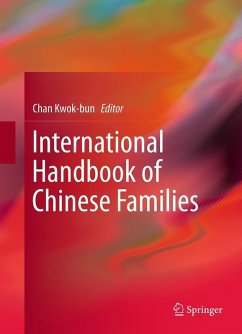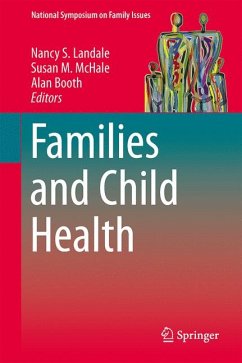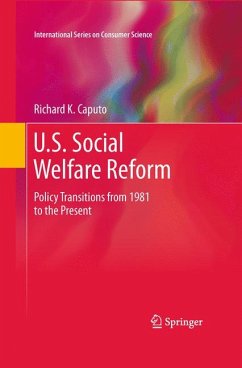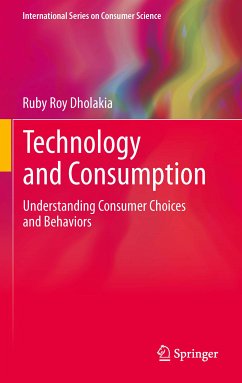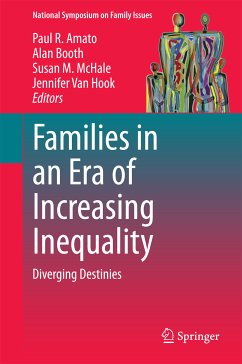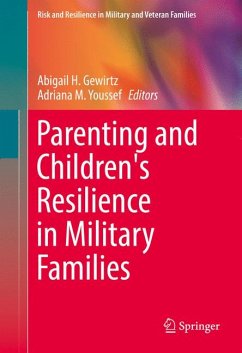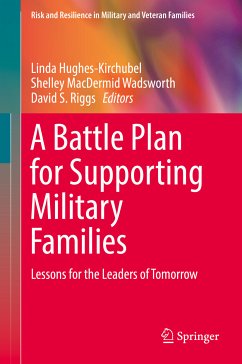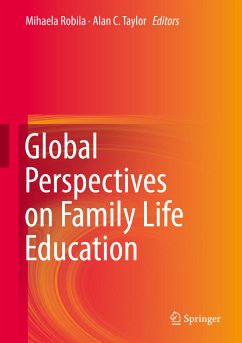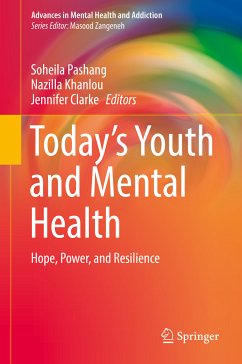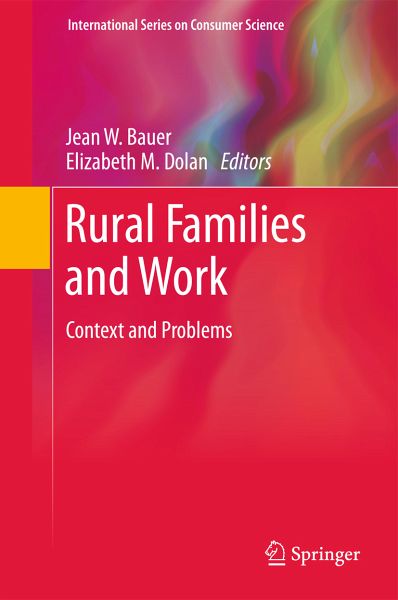
Rural Families and Work (eBook, PDF)
Context and Problems
Redaktion: Bauer, Jean W.; Dolan, Elizabeth M.
Versandkostenfrei!
Sofort per Download lieferbar
72,95 €
inkl. MwSt.
Weitere Ausgaben:

PAYBACK Punkte
36 °P sammeln!
Rural Families and Work focuses on the findings of the Rural Families Speak research study and the theoretical frameworks that are utilized to examine the context of rural low-income families' employment. This volume provides a solid foundation for understanding rural employment problems and issues. Family ecological theory is the central framework with a discussion of theories that contribute to the opportunities for the contextual research, including family economic stress theory, human capital, human capability, and some selected policy frameworks. Employment is addressed through review of ...
Rural Families and Work focuses on the findings of the Rural Families Speak research study and the theoretical frameworks that are utilized to examine the context of rural low-income families' employment. This volume provides a solid foundation for understanding rural employment problems and issues. Family ecological theory is the central framework with a discussion of theories that contribute to the opportunities for the contextual research, including family economic stress theory, human capital, human capability, and some selected policy frameworks. Employment is addressed through review of policy issues, community contexts, family and social support, and available resources. Throughout the volume future research directions and applications are highlighted.
Dieser Download kann aus rechtlichen Gründen nur mit Rechnungsadresse in A, B, BG, CY, CZ, D, DK, EW, E, FIN, F, GR, HR, H, IRL, I, LT, L, LR, M, NL, PL, P, R, S, SLO, SK ausgeliefert werden.




